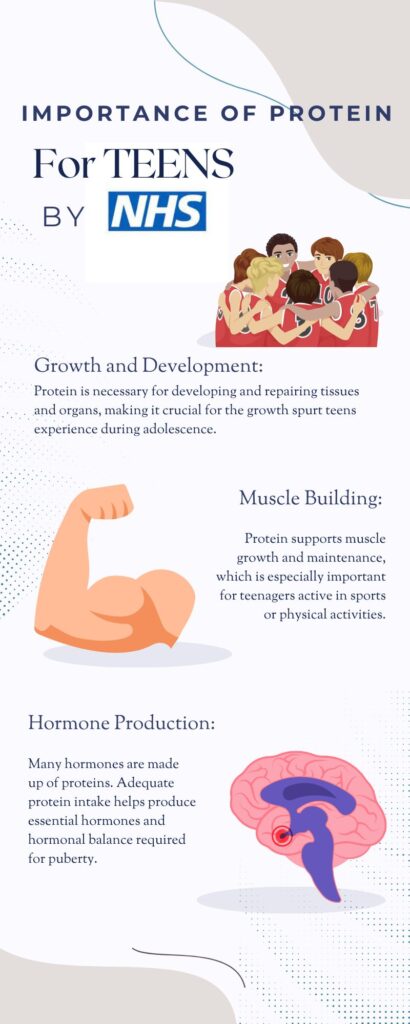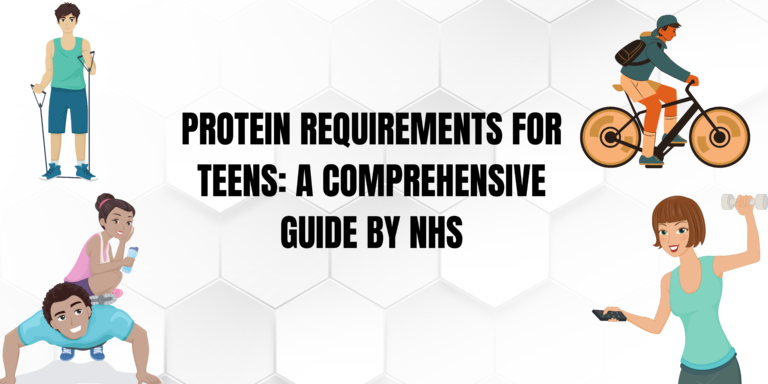Teenagers undergo significant physical and developmental changes, and their nutritional needs are crucial in supporting their growth and overall health. One essential nutrient that teenagers require is protein. In this blog post, we will explore teens’ protein requirements, providing valuable information backed by references from the NHS.

Why Protein is Important for Teens
Proteins are the building blocks of our body, and they play a vital role in various bodily functions. Protein becomes even more crucial during adolescence when teenagers are growing rapidly. Here are some of the key reasons why protein is essential for teens:
- Growth and Development: Protein is necessary for developing and repairing tissues and organs, making it crucial for the growth spurt teens experience during adolescence.
- Muscle Building: Protein supports muscle growth and maintenance, which is especially important for teenagers active in sports or physical activities.
- Hormone Production: Many hormones are made up of proteins. Adequate protein intake helps produce essential hormones and hormonal balance required for puberty.
- Immune Function: Proteins are essential for a robust immune system. Teenagers need a strong immune system to fight off infections and illnesses.
Protein Requirements for Teens
Now that we understand why protein is important for teenagers let’s delve into the specific protein requirements for this age group. The NHS provides guidelines on daily protein intake for different age groups, including teenagers. Below is a table summarizing the recommended daily protein intake for teens based on age and gender:
| Age Group | Boys (grams of protein per day) | Girls (grams of protein per day) |
| 11-14 years | 45g | 45g |
| 15-18 years | 55g | 45g |
Note: Girls aged 15-18 years require 45g of protein per day, the same as the recommendation for girls aged 11-14. In contrast, boys in the 15-18 age group require a slightly higher daily protein intake of 55g.
These recommendations are general guidelines, and individual protein requirements may vary based on activity level and overall health. It’s essential to consult with a healthcare professional or a registered dietitian to determine the exact protein needs of a specific teenager.
Good Sources of Protein
Meeting teenagers’ recommended daily protein intake involves including protein-rich foods in their diet. Here are some excellent sources of protein:
- Meat: Lean meats like chicken, turkey, and lean cuts of beef are rich protein sources.
- Fish: Fish, such as salmon, tuna, and trout, is not only high in protein but also provides essential omega-3 fatty acids.
- Eggs: Eggs are a versatile protein source and can be included in various dishes.
- Legumes: Beans, lentils, and chickpeas are plant-based protein sources suitable for vegetarians and vegans.
- Dairy Products: Milk, yogurt, and cheese are dairy options that offer protein along with calcium for strong bones.
- Nuts and Seeds: Almonds, peanuts, and chia seeds are protein-rich nuts and seeds.
- Tofu and Tempeh: These soy-based products are excellent sources of plant-based protein.
Conclusion
Protein is a vital nutrient for teenagers, playing a crucial role in their growth, development, and overall health. The NHS recommends daily protein intake based on age and gender, with boys aged 15-18 needing slightly more protein than girls of the same age. To ensure teenagers meet their protein requirements, it’s essential to include a variety of protein-rich foods in their diet.
Individual protein needs vary, so consulting with a healthcare professional or registered dietitian is advisable for personalized dietary recommendations. By providing adequate protein, teenagers can support their physical growth, muscle development, and overall well-being during this critical stage of life.
Sources






